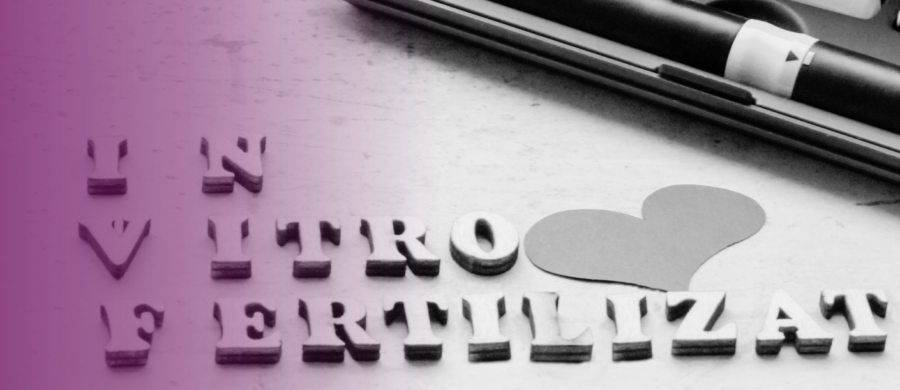Controlled ovarian hyperstimulation (COH) involves the administration of exogenous hormones to stimulate the ovaries to produce multiple mature follicles simultaneously. Apart from providing more mature eggs, the other purpose of COH is to prevent premature spontaneous ovulation, ensuring a successful follicular puncture.
COH is conducted on the basis of established protocols. The medications used can be tablets or injections that you can administer yourself. Depending on overall health, ovarian reserve, age and many other factors, the most suitable protocol will be selected for you.
As soon as you start taking fertility drugs, your OBGYN will start monitoring the growth and development of your follicles – a procedure called folliculometry. This involves frequent visits to the clinic, so it is important to choose a place to which you have easy and convenient transportation.
OVARIAN RESERVE AND COH
Ovarian reserve is among the most important factors determining the success of the in vitro procedure. It has been found that controlled ovarian hyperstimulation (COH) may be less successful in women with diminished ovarian reserve for several reasons, including:
Decreased response to stimulation: Women with diminished ovarian reserve may respond less well to administered medications due to fewer follicles present in the ovaries.
Ovarian reserve is closely related to egg quality. Women with diminished ovarian reserve may have lower quality eggs, which can affect fertilization rates and embryo development. Poor egg quality can lead to more frequent implantation failures and a higher risk of miscarriage.
In women with diminished ovarian reserve, cancellation of COH could happen more often. One of the reasons is an unsatisfactory response to the medications used. The other reason is the predisposition to ovarian hyperstimulation syndrome. Although it sounds scary, such a decision is reached extremely rarely and only in the presence of absolute indications.
WHAT ARE THE TREATMENT OPTIONS?
The IVF protocols used today have been developed to be successful in the treatment of infertility in women with a variety of problems. Your obstetrician-gynecologist will decide which protocol is most suitable for you depending on your individual case.
In cases of diminished ovarian reserve, you may be offered the use of donor eggs or embryos as an alternative. This bypasses the limitations associated with ovarian reserve and can significantly improve the chances of achieving a successful in vitro pregnancy.
Ovarian reserve plays a critical role in predicting IVF outcomes. It affects the body’s response to ovarian hyperstimulation, the quality of eggs and embryos produced, and ultimately the likelihood of achieving a successful pregnancy. That’s why reproductive medicine specialists pay so much attention to it when creating a treatment plan for couples with infertility.










